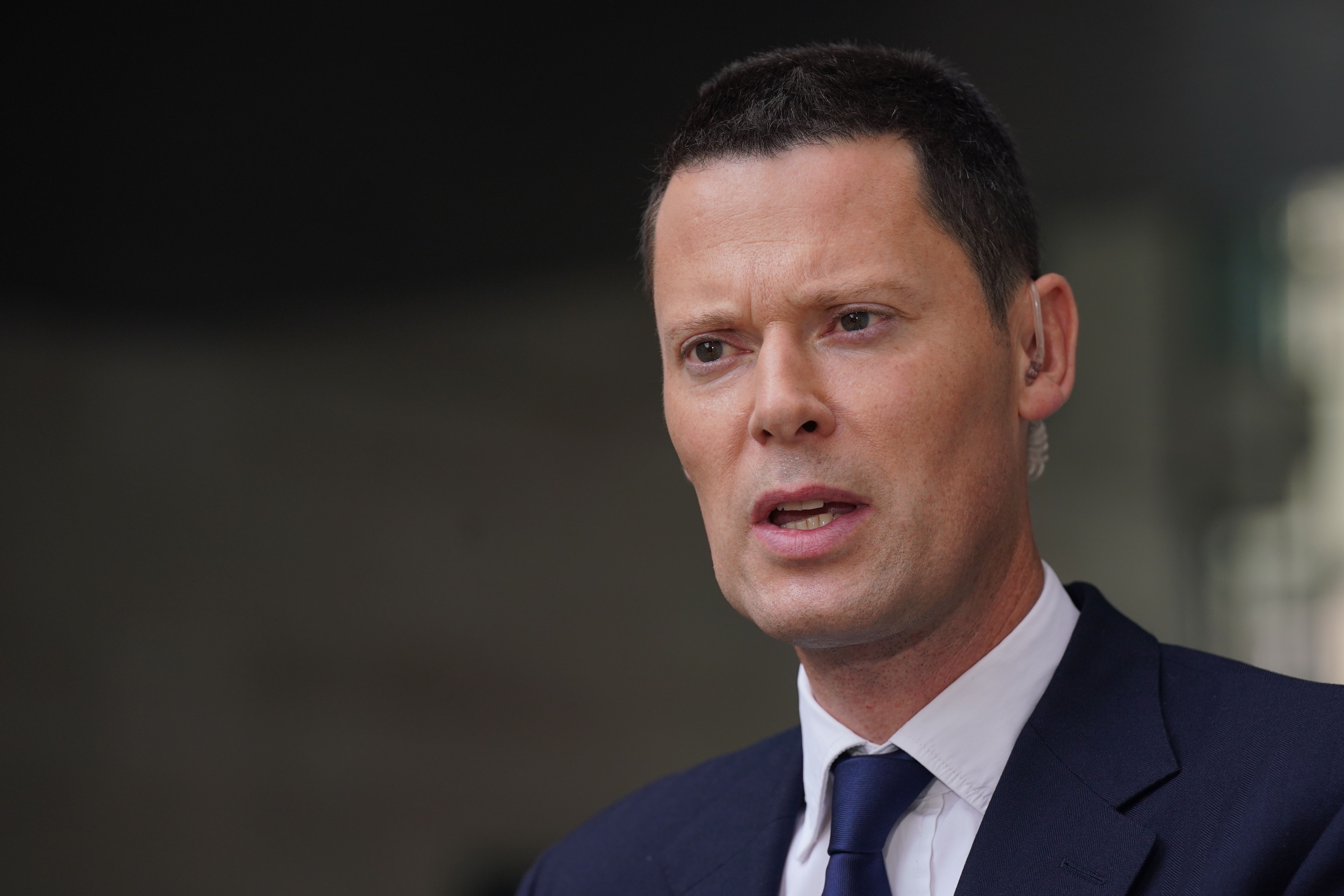The Tories’ incompetence has made a mockery of our justice system
Editorial: Criminals are gaming the system by pleading not guilty and relying on delays to avoid trial

In this government’s effort to have as many public services as possible break down simultaneously in an election year, the backlogs in the criminal justice system are often overshadowed by NHS waiting lists, a dysfunctional asylum system, bankrupt local councils, overcrowded prisons, stretched universities and labour shortages in teaching, policing and social work.
But the delays in the courts are reaching crisis point. The Independent reports that criminals are now gaming the system by pleading not guilty, calculating that trial delays mean that they are likely to escape justice.
This is the opposite of the way incentives are supposed to operate in the system. Perpetrators are encouraged to plead guilty at an early stage in return for a lighter sentence and an earlier start to rehabilitation. This is better for them and for the rest of us, saving the cost of a trial and making reoffending less likely.
But the proportion of suspects pleading guilty before trial or at the first crown court hearing has fallen from about three-quarters five years ago to half now. As Sam Townend KC, the chair of the Bar Council, says, this “suggests an increasing trend of criminals trying to manipulate the justice system to avoid conviction and imprisonment”.
Criminals realise that the longer trials are delayed, the more likely they are to be abandoned altogether. This is bad for victims, who are “becoming ever more disillusioned”, Mr Townend says, and it is bad for society because justice delayed is justice denied – and it is also justice made more expensive.
The court backlogs are also adding to prison overcrowding, as the remand population is at a record high. There, justice delayed can be justice denied, if people who are subsequently found innocent by the courts are detained for longer than necessary.
Alex Chalk, the justice secretary, is one of the more competent and decent holders of that office but he needs to develop some crusading zeal to reform the well-known inefficiencies in the system as part of his pitch for more money.
The Independent had hoped that the innovations forced on the criminal justice system during the coronavirus lockdowns might have produced significant productivity gains, by greater use of video and remote working. If so, those gains have been swiftly swallowed up in the rapidly growing backlogs gumming up every part of the system. The numbers quoted in our investigation are shocking: the number of cases waiting more than three years for a verdict has risen sevenfold since 2019 to more than 1,200.
In the end, this is an issue of public spending. We need to spend more on our courts, just as we do on so many other public services.
That is why Rishi Sunak’s promise of more tax cuts is so irresponsible. Now is not the time for tax cuts. The tax burden is high and people are feeling the pinch, but if forced to choose between tax cuts and better public services, most people would prefer to keep taxes the same and improve public services.
All public services are important but justice ought not to be negotiable and the amounts involved are small in relation to the whole. Mr Chalk must make his case.



Join our commenting forum
Join thought-provoking conversations, follow other Independent readers and see their replies
Comments